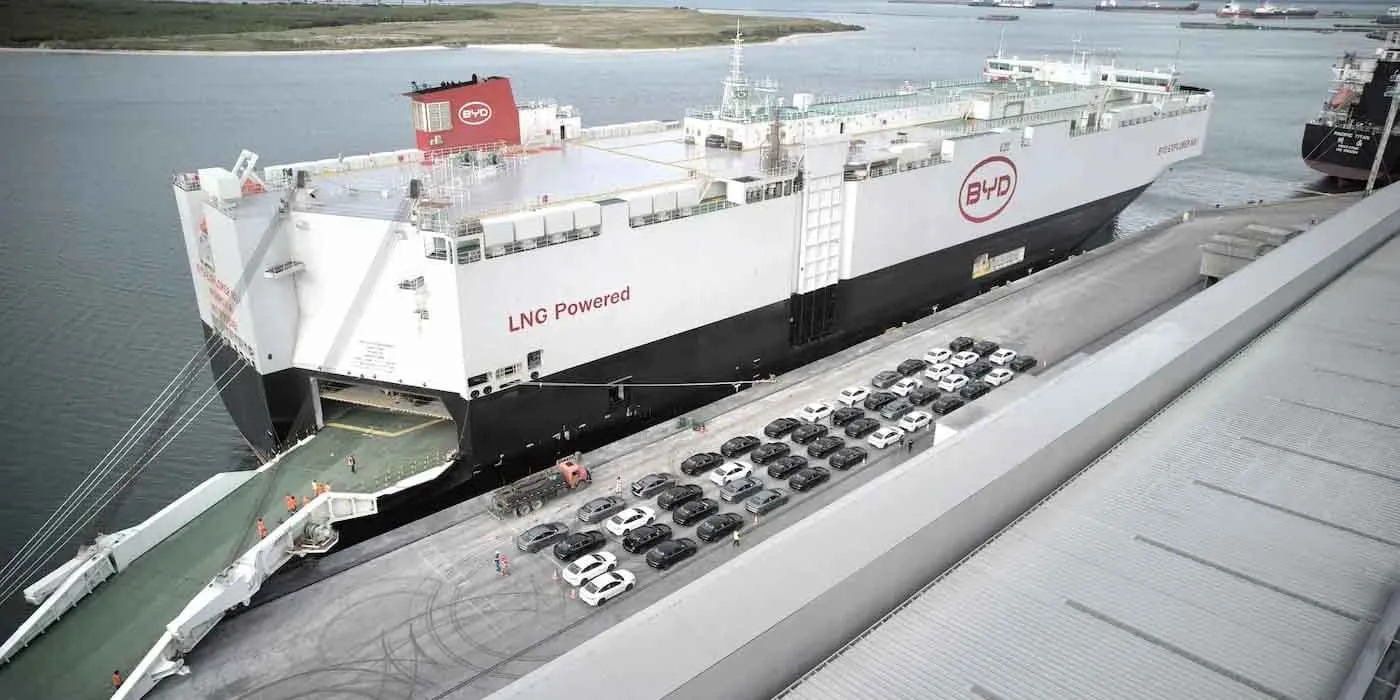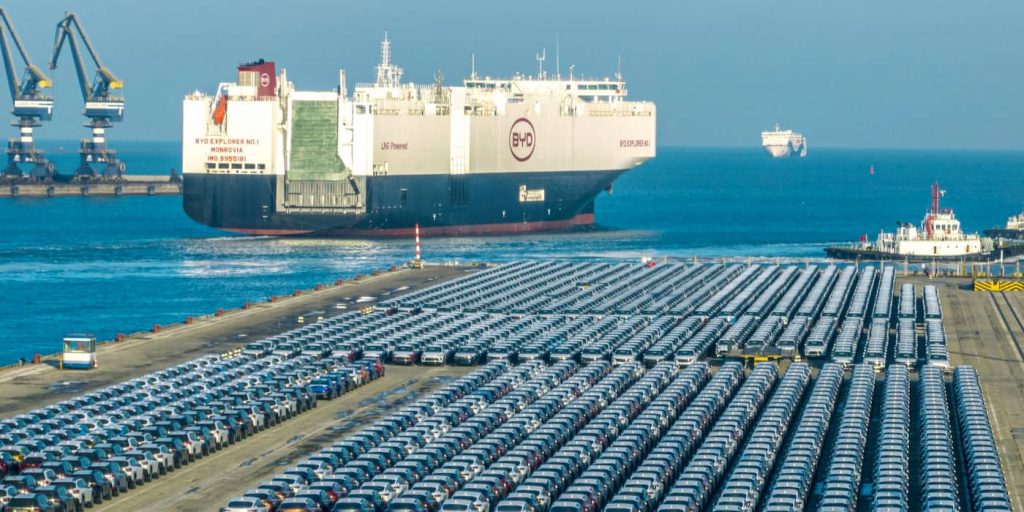
The saga of impending tariffs on Chinese-built EVs imported into Europe continues, but the situation could be resolved before the duties take effect next month. Representatives from China and the EU are reported to be in talks about a minimum pricing deal for all Chinese EV imports that could help alleviate some of the upcharges the tariffs will impose.
We will spare you the whole backstory as the tale of tariffs on EVs imported into Europe from China has been ongoing for a year now, when the EU Commission opened an anti-subsidy probe into Chinese EV imports, deeming them unfair in competition.
As a result, the EU proposed tariffs on those vehicles to try to keep things fair in its local markets. The proposed duties have been met with mixed reactions as some Chinese automakers cooperated with the probe in exchange for lower tariffs.
However, China, in general, has expressed stern opposition to the added import fees, although many of its local automakers, like NIO and BYD, have expressed perseverance in expanding to new markets throughout the EU despite the looming tariffs.
Automakers like XPeng Motors have begun exploring localized production sites overseas to circumvent the tariffs scheduled to take effect next month. Most recently, representatives from China and the EU have met to discuss a resolution that works for all, exploring the possibility of setting a minimum EV price plan.

EU may ease tariffs on EVs from China via minimum pricing
As reported by Automotive News Europe, the EU Commission is open to looking the other way on its proposed tariffs on EVs built in China if those automakers agree to price those respective models above a minimum price in overseas markets.
The EU had previously declined offers from Chinese EV automakers to set minimum pricing plans to offset local subsidies in China, but it appears to have changed its stance on the proposed pricing plans. A spokesperson for China’s Ministry of Commerce elaborated following a meeting between representatives for both regions on September 26:
Technical teams on both sides are now negotiating on a flexible price commitment plan and are making every effort to reach a consensus on the solution framework before the final ruling (by the EU).
This week’s talks built upon a meeting in Brussels on September 19 between Wang Wentao from China’s Ministry of Commerce, and Valdis Dombrovskis, the European Commission’s commissioner for trade.
If both sides can come to an agreement, it could be a win for both. The EU can worry less about the influx of ultra-affordable EVs built under heavy subsidies in China and imported into markets like Germany, Sweden, and the Netherlands. On the other hand, Chinese automakers can fret less about the tariffs and still find profits overseas by honoring minimum pricing.
This story is ongoing as the EU Commission is scheduled to finalize its tariffs on EVs from China by October 30.
FTC: We use income earning auto affiliate links. More.




Comments